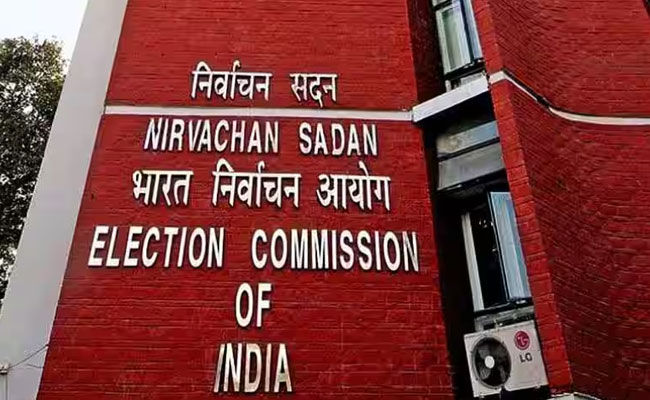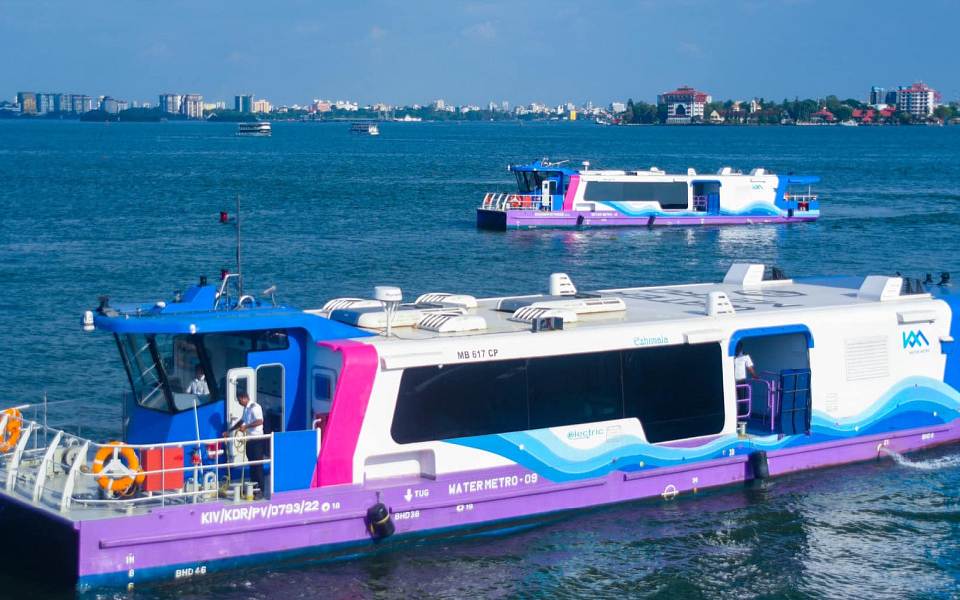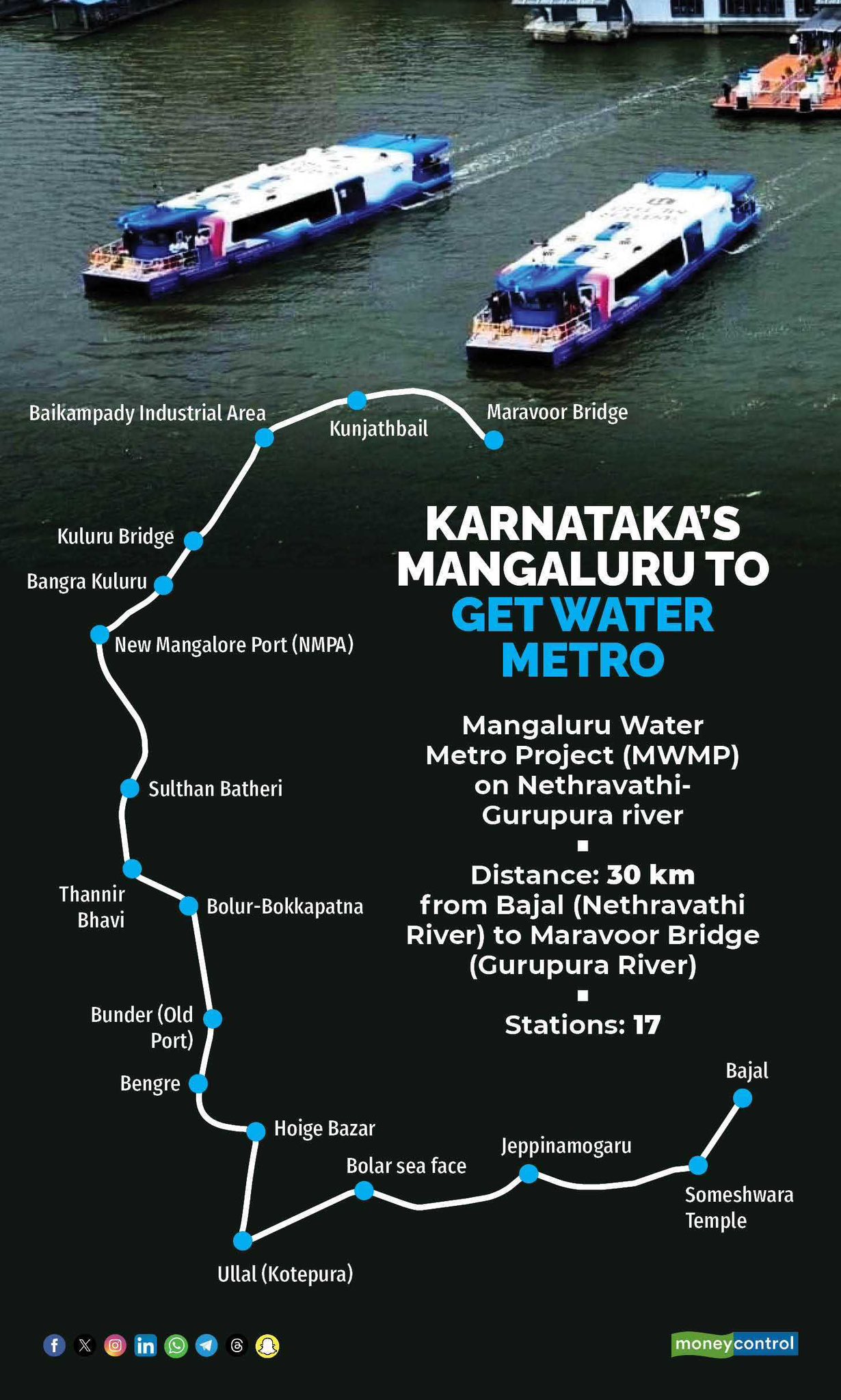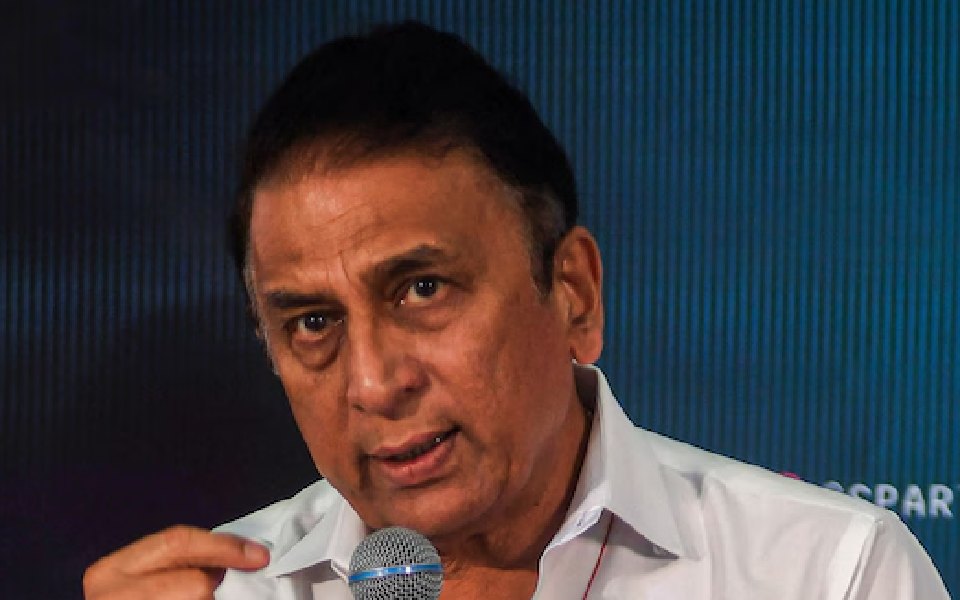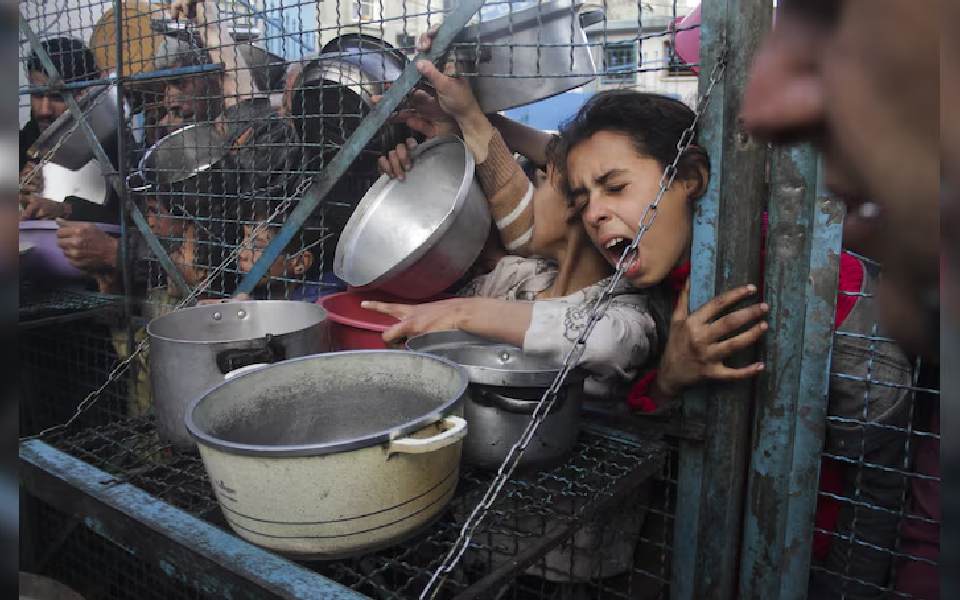New Delhi (PTI): With an aim to check the potential misuse of postal ballot facility extended to voters on poll duty, electoral rules have been changed to ensure that such people cast their vote at designated facilitation centres only and do not keep the ballot papers with them for a long time.
The Election Commission (EC) had in September last year recommended to the Union law ministry to tweak the Conduct of Election Rules, 1961 to ensure that voters on poll duty cast their vote at voter facilitation centre located where they are deployed.
The EC was of the view that if a postal ballot remains with a voter for a long time, the person could be highly susceptible to undue influence, threats, bribery and other unethical means by candidates or political parties.
Now, the Legislative Department in the law ministry has come out with a notification amending the Conduct of Election Rules.
A new section 18A has been added in the rules. It states that "Notwithstanding anything in this Part, a voter on election duty shall receive his postal ballot, record his vote thereon in accordance with this Part and return the same at the facilitation centre as specified, in writing, by the returning officer."
With the amendment coming into force on August 23, voters on poll duty in upcoming assembly elections in Rajasthan, Chhattisgarh, Mizoram, Madhya Pradesh and Telangana will now vote at the facilitation centres.
Official sources had earlier said the poll panel had observed in the previous elections that the voters on election duty who are provided postal ballot do not cast their vote at voter facilitation centres but take their postal ballot with them since they have time to cast postal ballot till 8 am of the counting day according to election law and relevant rules.
The standard policy of the Commission provides that the voters on election duty are deployed to a constituency other than their home constituency to manage and supervise polling at the allotted polling stations.
Owing to this arrangement they are not able to cast votes at their home polling station in person.
According to the current scheme, the voters on election duty apply for postal ballots to the returning officer concerned at the time of their training, who after due diligence, issues the postal ballots at the training centre during subsequent round of training. A facilitation centre is also set up to enable such voters on election duty to cast their votes at the facility before they are dispatched for the allotted polling stations for election duty.
The facilitation centre is equipped with all necessary arrangements for ensuring secret and transparent voting in presence of candidates or their representatives.
However, they also have the option to send their postal ballot through post to the returning officer so as to reach before the hour fixed for the commencement of counting -- 8.00 am of the counting day.
Many such voters keep postal ballots at their homes for long time after performing poll duty, as elections are normally held in staggered manner in order to manage logistics and requirement of forces.
For instance, in 2019 Lok Sabha elections, the first phase of poll was held on April 11, 2019 while the date of counting of votes was on May 23.
"Thus, ensuring voting at the Voter Facilitation Centre set up for voters on election duty would minimize the potential misuse of postal ballot facility for free, fair and transparent elections," a functionary explained.
Let the Truth be known. If you read VB and like VB, please be a VB Supporter and Help us deliver the Truth to one and all.
Mangaluru (Karnataka), Nov 4: After being endowed with multi connectivity facilities like three national highways, port and airport, Mangaluru city is now looking at a significant move towards sustainable urban mobility as the Karnataka Maritime Board (KMB) has announced plans for the Mangaluru Water Metro Project (MWMP), officials said on Monday.
This ambitious initiative aims to transform public transportation in the state, utilising National Waterways to connect areas along the Nethravathi (NW-74) and Gurupura (NW-43) rivers, they said.
Set to become India's second-largest water transport system after Kochi, the project promises an eco-friendly, economical and efficient mode of travel, the officials said.
According to officials, the MWMP will connect isolated communities from Bajal to Maravoor, enhancing accessibility and promoting the holistic development of these regions. The initiative is expected to boost local livelihoods and improve the standard of living through integrated transport networks.
According to the project report available with PTI, the MWMP will be rolled out in phases, with the initial stretch covering 30 kilometres along the Nethravathi and Gurupura river backwaters.
The priority route, beginning at Bajal on the Nethravathi and extending to the Maravoor Bridge on the Gurupura, will feature around 17 modern Metro stations.
Key locations such as Someshwara Temple, Ullal and the New Mangalore Port are included in the proposed route. State-of-the-art electric and diesel catamaran boats will be deployed, equipped with essential amenities to ensure a high standard of comfort and operational efficiency.
A comprehensive Feasibility Report (FR) will assess the project's viability, presenting a detailed cost-benefit analysis, market potential, operational strategies and environmental considerations.
"The report will objectively evaluate the project's merits and challenges, providing crucial information for decision-makers, stakeholders and investors," they said.
Officials in the port and fisheries subdivision told PTI that key areas of analysis has been based on assessing the potential to decongest old port areas, exploring the feasibility of cargo movement using Roll-on/Roll-off (Ro-Ro) water metros, examining water level variations influenced by tidal flows, integration with feeder services to ensure seamless last-mile connectivity, demand forecasts over a 25-year period, based on extensive socio-economic research of usage and utility of the MWMP.
The project's Terms of Reference (ToR) emphasise sustainable development, involving thorough site identification, user demand assessments and environmental impact studies. Comprehensive surveys such as LIDAR mapping, bathymetric studies and topographical analysis will ensure accurate planning and implementation, the officials told.
Furthermore, technical collaborations with national institutes of repute will support studies on wave tranquillity, vessel height clearance and infrastructure recommendations for jetties and repair facilities, they said.
A detailed environmental monitoring programme will assess air and water quality, noise levels and aquatic biodiversity in line with Ministry of Environment, Forest, and Climate Change (MOEF&CC) guidelines, the officials added.
The officials of the Maritime Board said the MWMP promises significant economic and environmental benefits, from easing traffic congestion to reducing air pollution. The project will also explore non-fare revenue streams and develop models to ensure financial sustainability.
A socio-economic impact assessment will measure the project's contribution to regional development, backed by projected revenue from passenger fares and ancillary services, a senior official said.
The Board also aims at championing cleaner and greener transportation and to set a precedent for sustainable urban mobility, positioning Mangaluru as a progressive city that leverages its waterways, he added.

